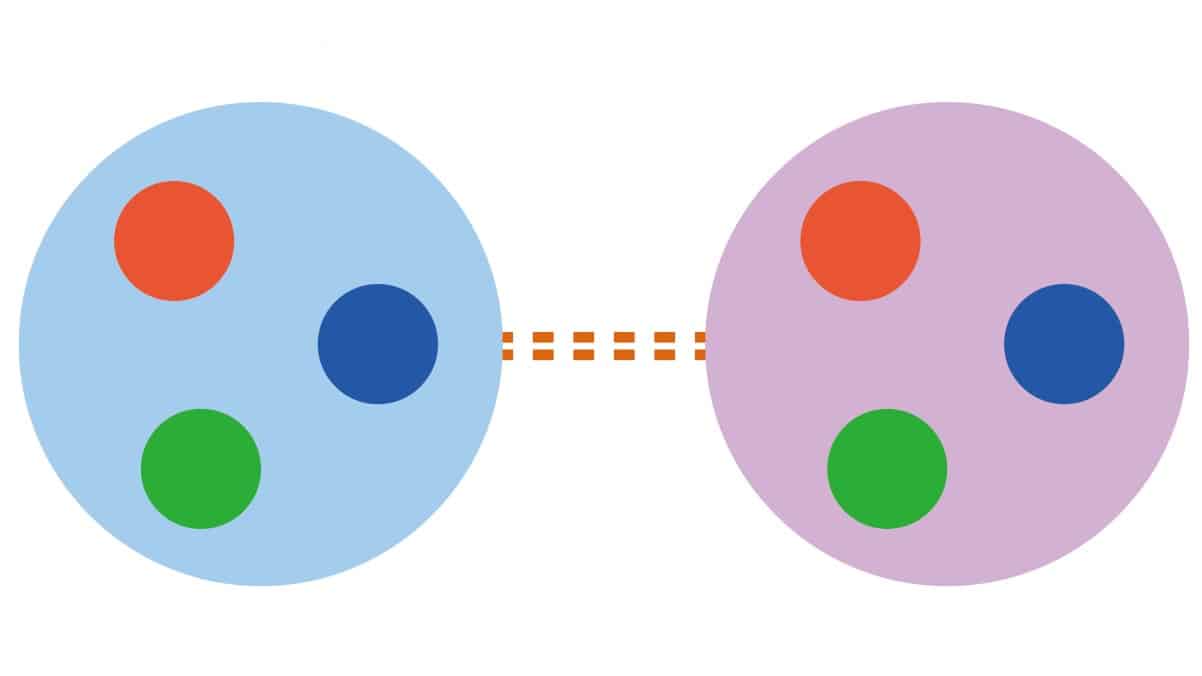Experiments on mice have helped scientists identify some key differences in the development of brains in modern humans and our closest relative, Neanderthals. After our ancestors split from the Neanderthals, some one hundred amino acids underwent changes and spread to almost all modern humans. The reason behind this change had puzzled scientists all this while. However, six of the amino acid changes were found to have occurred in the three proteins that are instrumental in distributing chromosomes or the carriers of genetic material to the daughter cells during cell division in our body.
To dig deeper into the cause, researchers from the Max Planck Institute of Molecular Cell Biology and Genetics in Germany and the Max Planck Institute for Evolutionary Anthropology have introduced modern human variants in mice. The six amino acid positions are the same in both mice and Neanderthals.
Hence, the mice provided the scientists with a model to study human brain development. “We found that three modern human amino acids in two of the proteins cause a longer metaphase, a phase where chromosomes are prepared for cell division, and this results in fewer errors when the chromosomes are distributed to the daughter cells of the neural stem cells, just like in modern humans,” explained geneticist Felipe Mora-Bermúdez. He is the lead author of the study published in Science Advances.
Investigating if the set of amino acids in Neanderthals had the opposite effect, researchers introduced ancestral amino acids in brain organoids. These are small organ-like structures that can be grown in cell culture dishes in the lab using human stem cells. Brain organoids mimic the aspects of early human brain development.
In this case, the team noted that the metaphase was shorter while the number of errors in chromosome distribution was also more. Mora-Bermúdez described that the amino acids in modern humans were responsible for fewer mistakes in chromosome distribution. “Having mistakes in the number of chromosomes is usually not a good idea for cells, as can be seen in disorders like trisomies and cancer,” said Mora-Bermudez.
Comments
For details of the latest launches and news from Samsung, Xiaomi, Realme, OnePlus, Oppo and other companies at the Mobile World Congress in Barcelona, visit our MWC 2024 hub.









